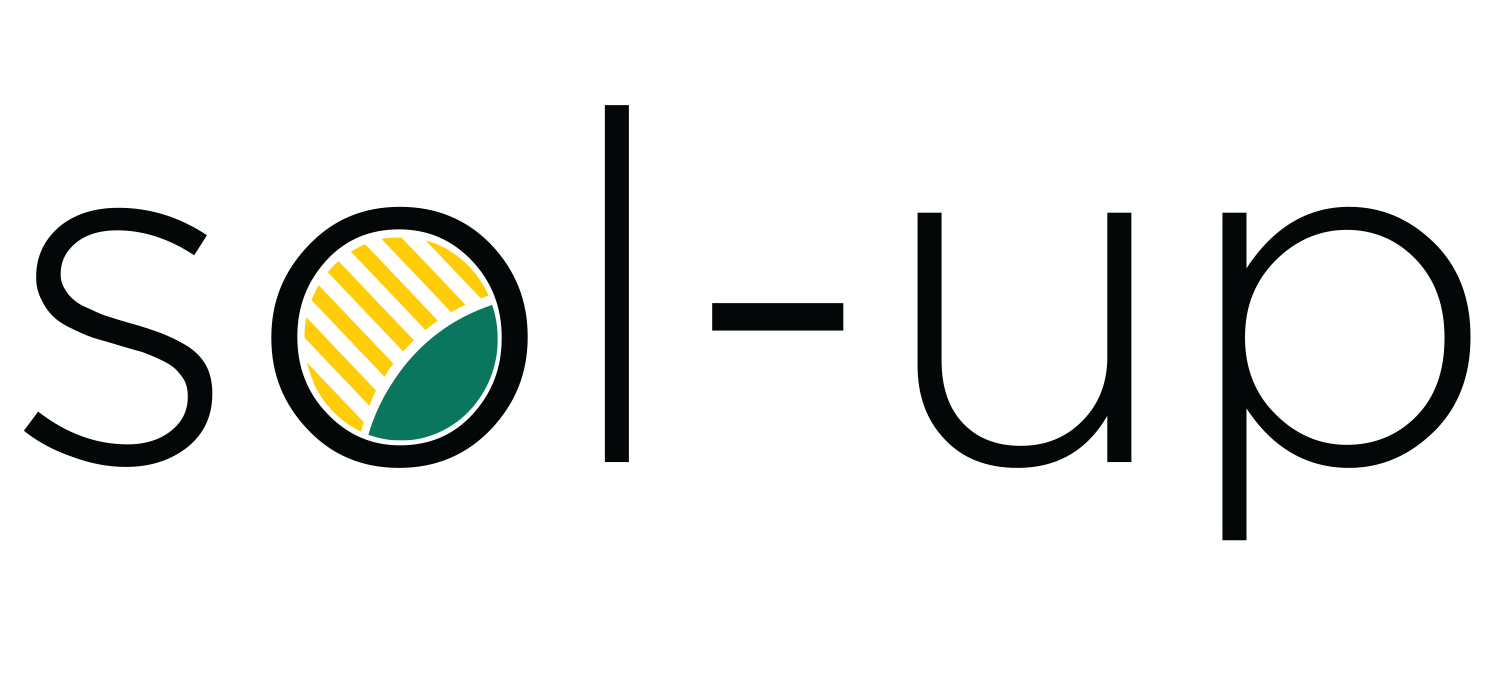There are many pros and cons to consider when making a decision to buy or lease solar panels. A lot of the decision making depends on your individual financial situation and future goals. Going solar has gone down in price over the years due to technological advances in panel manufacturing and improved installation techniques, thus making solar a much more viable option for people who want to save on their energy bills and have a positive impact on the environment.
When you buy solar panels, you will own the system. Much like buying a home or a car, you will reap the benefits of ownership. Yes, there is a cost associated up front, but there are many financing options available to help offset the costs, as well as rebates and incentives for going solar. Maintenance is not an issue as panels are generally warranted for 25 years and inverters warranted between 20 – 25 years. Should you decide to sell your home for any reason in the future, having a photovoltaic (solar) system will increase the value of your home.
Owning a solar system enables you to sell any excess energy generated back to the power company in terms of Solar Renewable Energy Certificates (SREC’s). You will be also able to take advantage of any tax credits, rebates or incentives that the state offers. This will help in reducing the cost of the system by up to 50%. On average, the typical ROI for a purchased system is 6-8 years. This means the solar system is paid off within 6-8 years, after that your electricity is completely free.
When you lease solar panels, you experience an immediate benefit in that you do not have to pay any money upfront. Those who opt to lease consider this a low-risk option. However, when you lease, you are locked into a 20 – 25 year agreement. The interest rate is similar to what you would pay for a credit card and can be fixed or incrementally increased annually.
By opting to lease, you would not qualify for tax credits, depreciation, rebates or other incentives. Depending on the lease, there is the potential to buy the solar panels at a discounted price in the future if you should decide to do so. The greatest downfall to leasing is if you should decide to sell your home down the line. The new homeowner must assume your leasing agreement, the terms of which they might not necessarily agree with.
Overall, ownership of a solar system means more money in the pocket for you over the lifetime of the system. Leasing is a good alternative to buying if there are barriers to purchasing, as using renewable energy is always a good thing for the environment either way.

